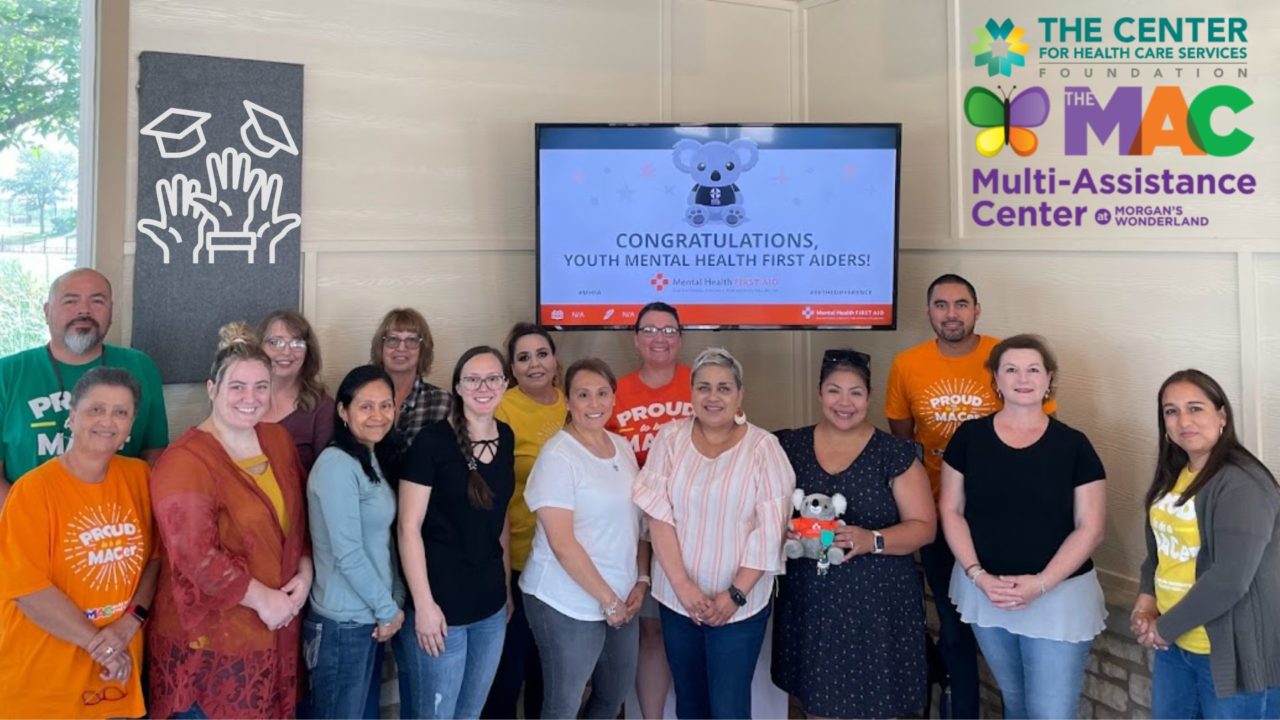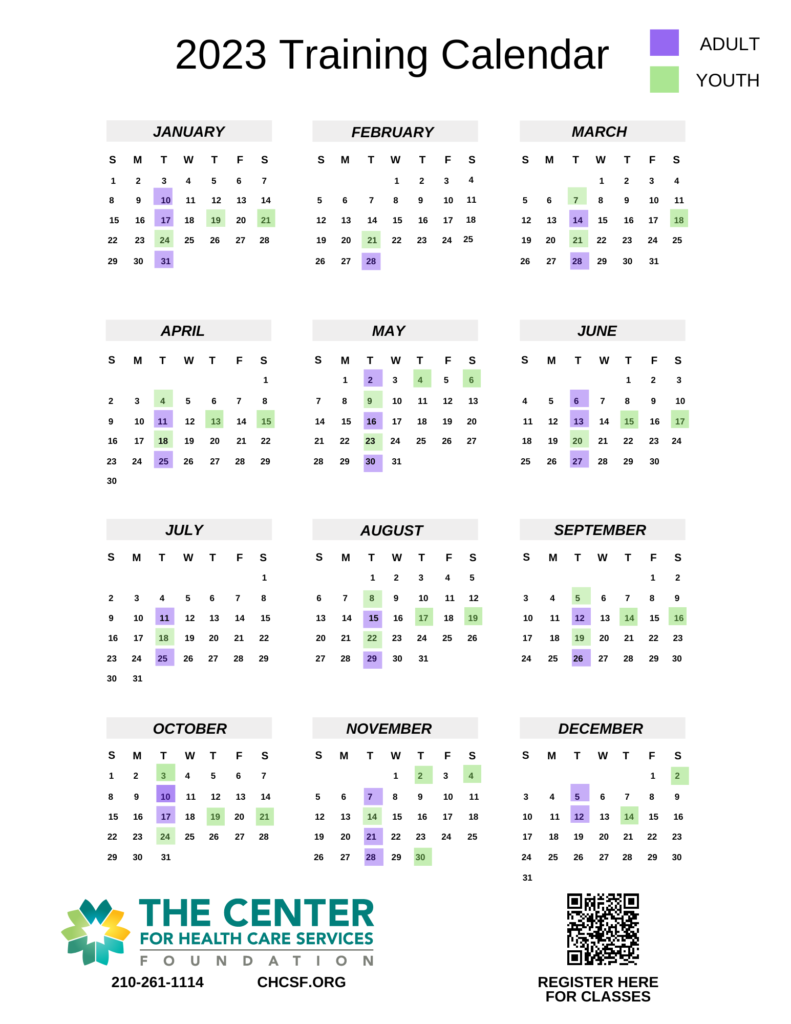Mental Health Awareness Training


Mental health stigmas can often come from either a place of fear or a lack of understanding. Unfortunately, this combination can foster a negative view of individuals who are dealing with mental health issues.
The concept of mental health stigma is more nuanced than one catch-all attitude. The American Psychiatric Association (APA) lists three different types of stigmas. The first type, public stigma, refers to the negative attitudes others possess about mental illness. The second type, self-stigma, involves the negative attitudes that people with mental illness have regarding their own illness. The third type is institutional stigma. This is a systemic stigma involving private and government agencies limiting treatment opportunities for mental illnesses via actions like lowering funding for mental illness research.
Mental Health Awareness Training


Reasons to get trained in mental health awareness.
1. Building awareness
Become more aware of what can help or harm the well-being of themselves and others, whether this is at work or at home.
It can sometimes be difficult to know the right thing to do or say to help someone, even if we have the best intentions. Mental health training provides the tools to know how to have helpful, kind conversations around mental well-being and spot when others may need more specialized support.
7. Building teams that prioritize well-being
Leaders play an essential role in fostering positive well-being in their team. Mental health training can help leaders understand how to build team resilience and recognize factors that can help or hinder wellbeing.




AS+K? Gatekeeper Training
AS+K? About Suicide To Save A Life (Basic) provides participants with an overview of the basic epidemiology of suicide and suicidal behavior, including risk and protective factors. In this one hour e-learning based course, participants are trained to recognize warning signs—behaviors and characteristics that might indicate elevated risk for suicidal behavior—and the initial intervention steps to support a person they think might be at risk for suicide. Please note this course is designed for public health information purposes only and is not designed to assess, screen, diagnose or treat any mental or physical health condition. If you or someone you know may be at risk of suicide, contact the National Suicide Prevention Lifeline at 800-273-8255 (TALK) to receive qualified support and care. If you are in a crisis situation, do not wait. Call 9-1-1 or your mental health provider.



